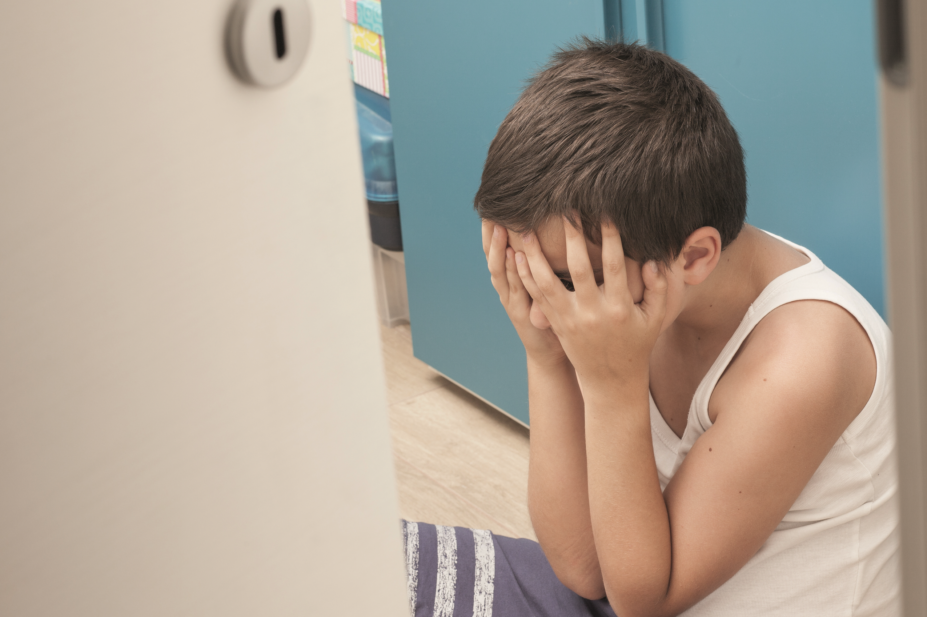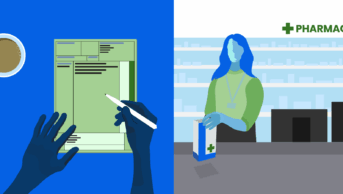
Shutterstock.com
The use of selective serotonin reuptake inhibitors (SSRIs) and serotonin–norepinephrine reuptake inhibitors (SNRIs) in paediatric psychiatric disorders is still under debate.
In a meta-analysis in JAMA Psychiatry (online, 30 August 2017), researchers looked at data from 36 randomised trials of SSRIs and SNRIs involving 6,778 young people with depressive disorder, anxiety disorder, obsessive-compulsive disorder or post-traumatic stress disorder[1]
.
They found that SSRIs and SNRIs were significantly more effective than placebo. However, the effect sizes were small and varied between conditions. They also found that placebo effect plays a substantial role in the efficacy of antidepressants, particularly in depressive disorder, with the least placebo effect seen in anxiety disorder.
Noting that both drug classes were associated with an increased risk of severe adverse events, the researchers said the cost–benefit balance of these drugs should be cautiously considered.
References
[1] Locher C, Koechlin H, Zion S et al. Efficacy and safety of selective serotonin reuptake inhibitors, –norepinephrine reuptake inhibitors, and placebo for common psychiatric disorders among children and adolescents. JAMA Psych 2017;74:1011–1020. doi: 10.1001/jamapsychiatry.2017.2432


